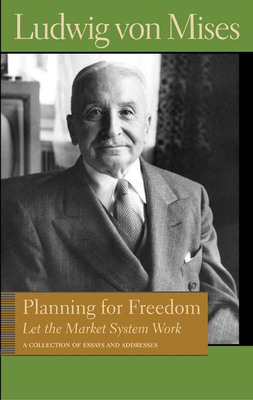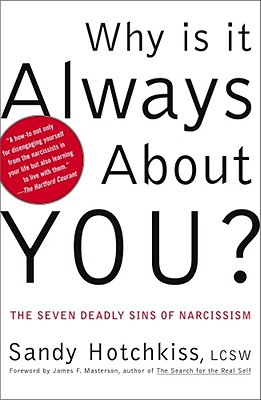
Mises, Ludwig Von
product information
description
n articulate and accessible introduction to and critique of two topics he considers especially important: inflation and government interventionism. Mises believes inflation, that is monetary expansion, is destructive; it destroys savings and investment, which are the basis for production and prosperity. Government controls and economic planning never accomplish what their proponents intend. Mises consistently argues that the solution to government intervention is free markets and free enterprise, which call for reforming government. For that, ideas must be changed to "let the market system work." There is no better "planning for freedom" than this.
The seventeen essays in Planning for Freedom: Let the Market System Work are tied together by one overarching idea, best expressed by Mises in the capstone essay "Profit and Loss." The essays in the final section of the book summarize Mises's contributions to economic thought and emphasize his firm belief in the power of ideas.
Ludwig von Mises (1881-1973) was the leading spokesman of the Austrian School of economics throughout most of the twentieth century.
Bettina Bien Greaves is a former resident scholar and trustee of the Foundation for Economic Education and was a senior staff member at FEE from 1951 to 1999.
member goods
No member items were found under this heading.
Return Policy
All sales are final
Shipping
No special shipping considerations available.
Shipping fees determined at checkout.







